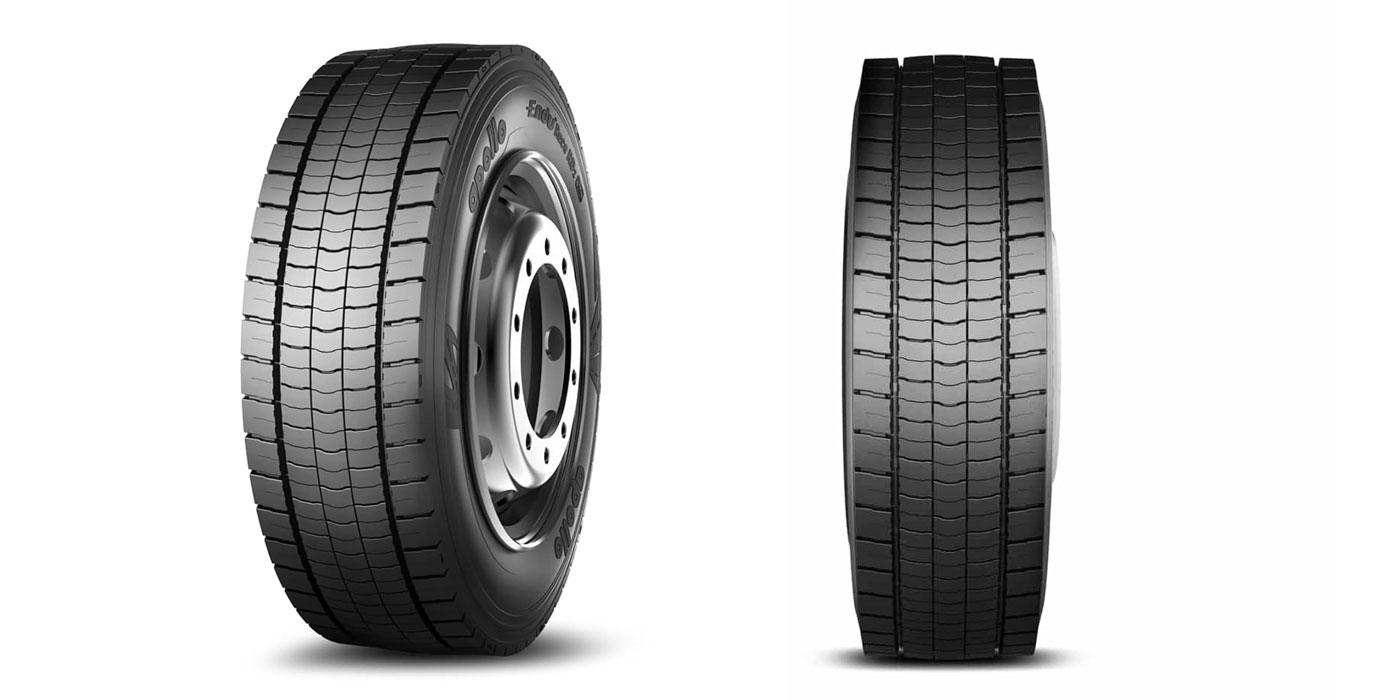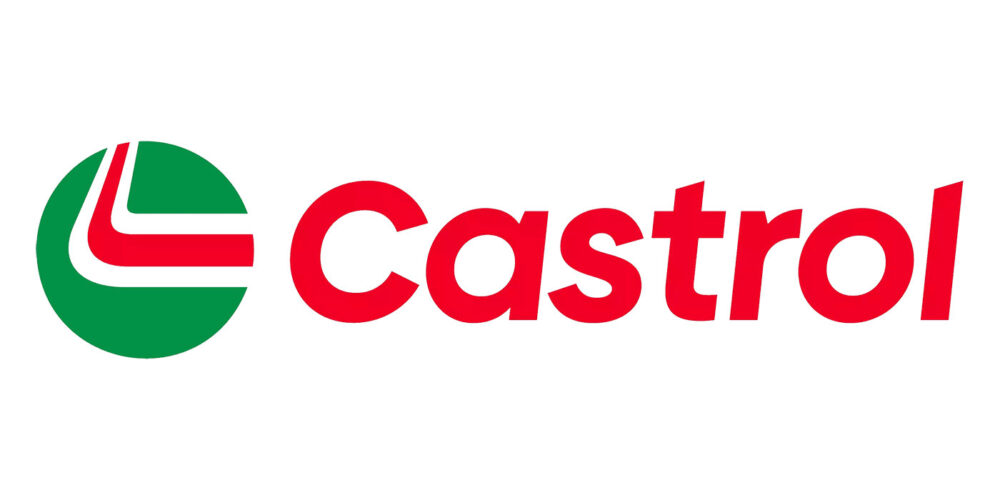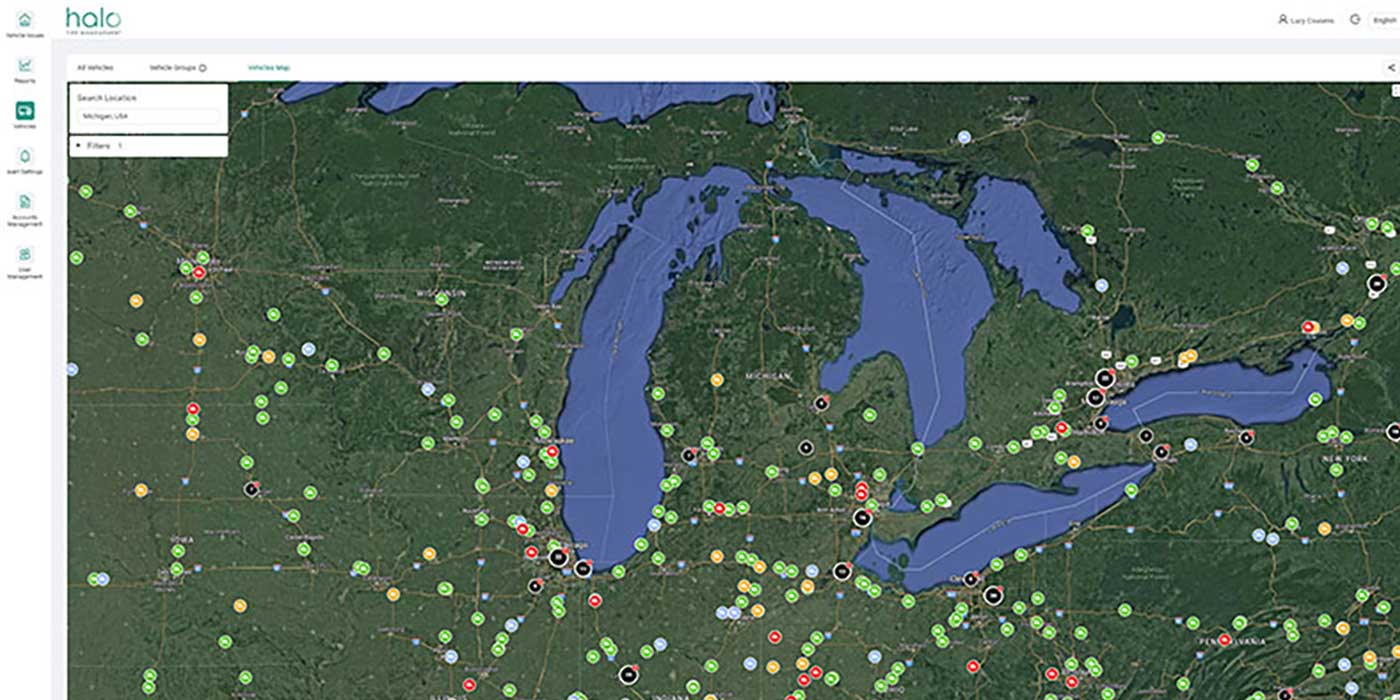Corn-based ethanol production is currently about 10% of U.S. gasoline production, but overall sales volumes are down due to Americans driving more fuel efficient cars 9% less distance than they did in 2007. U.S. producers are exporting a lot of ethanol to keep their businesses profitable.
Australia recently eliminated government ethanol production subsidies. Government subsidies will start at zero on July 1, 2015 and increase 2.5 cents per liter per year for the next five years. This is both a budget reduction and a political move. Australia will save 120 million on ethanol subsidies and 150 million on biodiesel subsidies over that time period.
The European Council (EC) placed anti-dumping tariffs on U.S. produced ethanol in 2013. Recently, they’ve discovered that U.S. producers are exporting ethanol to Norway and having it blended it into gasoline prior to distributing it throughout the European Union to avoid paying the tariff. On June 4, the EC placed the same anti-dumping tariff on gasoline brought into Europe through Norway.
The European Energy Security Strategy (the U.S. has no strategy) no longer recognizes ethanol in its long-term planning since it now only accounts for 2.3% of transportation fuel usage, and it hasn’t progressed beyond corn-based ethanol. The rest of the world is trying to tell us something!
Research efforts at most OEMs no longer include corn-based ethanol, particularly in the U.S. Tighter greenhouse gas (GHG) regulations hurt alcohol fuels since they always adversely affect fuel economy, and the cradle-to-grave GHGs for crop-based ethanol is thought to be higher than gasoline. Cellulosic ethanol is still viable GHG-wise since it doesn’t require planting and cultivation.
Politicians in Iowa recently voted to allow 15% ethanol in gasoline, but they failed to consider the EPA’s summer grade fuel requirements. E10 was granted a Reid vapor pressure (RVP) waiver by the EPA in spite of its higher volatility than summer-grade gasoline. But E15 has no such waivers, so it is actually illegal to sell E15 between June 1 and Sept. 15 until a waiver can be granted.
I think the real problem here is that everyone accepted corn-based ethanol as a generation one product to prepare the U.S. for alternate fuels with the provision that we would soon be moving to generation two ethanol made from cellulose. Thus far in 2014, only 2,500 renewable identification numbers (RINs) have been generated for cellulosic ethanol—all for heating oil. Contrast this to the more than 27 million RINs generated for corn-based ethanol during this same time period. In fact, 25% of the corn grown in the U.S. currently goes into ethanol production.
The average age of all transportation and industrial equipment continues to increase. Corn-based ethanol has proven harmful in older equipment spawning several new products designed to protect the fuel supply system.
Most lawn equipment manufacturers recommend using fuels that contain no ethanol. In Missouri, all gasoline is required, by law, to contain 10% ethanol. The only way to satisfy my lawn mower manufacturer’s requirement is to find a filling station that dispenses ethanol-free gasoline. There is one station in my area selling ethanol-free premium for 15.5% more than regular ethanol-containing fuel. So I have three choices: 1) purchase the premium fuel; 2) purchase regular and an additive to protect the fuel system; or 3) rebuild carburetors and replace fuel filters occasionally. None of this seems very cost-effective to me. Just how much does my lawn mower contribute to air pollution?
Algae is still my preferred feedstock for producing ethanol, but research is proceeding slowly at under-funded university research centers. Researchers at Michigan State recently invented a device called the environmental photobioreactor (ePBR), which is used to study different algae-growing platforms. I hope they progress rapidly with
their invention.














